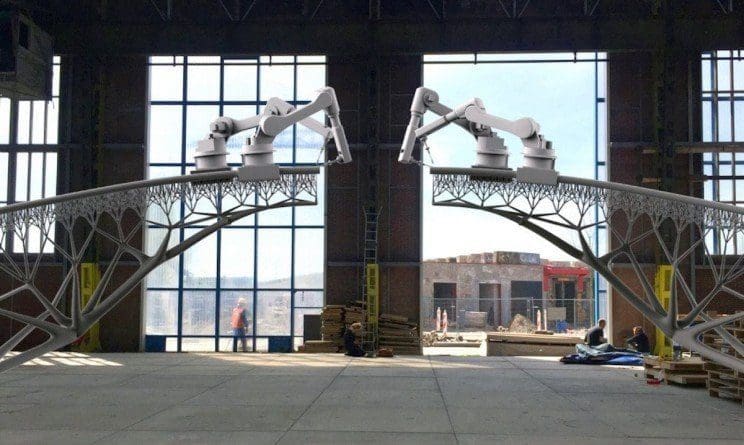AI, Artificial Intelligence, promises to largely change the world as we know it today. Introducing rapid and intensive learning dynamics will influence transportation, medicine and technology for the next decades.
Not just robotics
While on the one hand the influence of AI will be massive and all-encompassing, developing solutions based essentially on automation and computation, there will still be human figures necessary for its functioning. Here are 4 types of work with AI, in terms of artificial intelligence, which could be crucial:
AI Ethics Expert

The research and exploration of the multiple abilities of artificial intelligence can lead (and is already doing so) to truly contradictory situations: it is difficult to predict how much theAI will be able to achieve good in terms of progress, and how much destructive. Today several scholars have estimated the millions of jobs that will be destroyed in a few years by this technological revolution. With almost half of all human jobs replaceable by some synthetic intelligence. The role of an AI Ethicist is to help companies use artificial intelligence solutions compatible with work ethics and respect for human rights, as well as laws. This work will grow proportionally to the growth of AI, and will be increasingly necessary.
Data analyst

Data Science is one of the most important fields for the development of work with AI. Data analysts will need to combine computer science and mathematics to analyze data and trends. Knowledge of languages such as Python or software like SAS. Most analysts will have a degree in computer science or engineering. The annual salary will be around € 130.000. Definitely a good job to focus on.
Software engineer

Software engineers are at the heart of working with AI, helping to write the programs that allow the AI to learn and practice. This professional figure uses extensive programming knowledge. Interfaces with data analysts and ethical experts to create intelligence compatible with a company's values.
AI Architect

AI architects are those who determine where and how AI programs can take place within a business process to drive greater savings and better performance. AI architects have deep knowledge of computer science and business. The competitiveness that companies will have to develop to keep pace with other artificial intelligence supplies will require figures with broad vision and strategic capacity.


